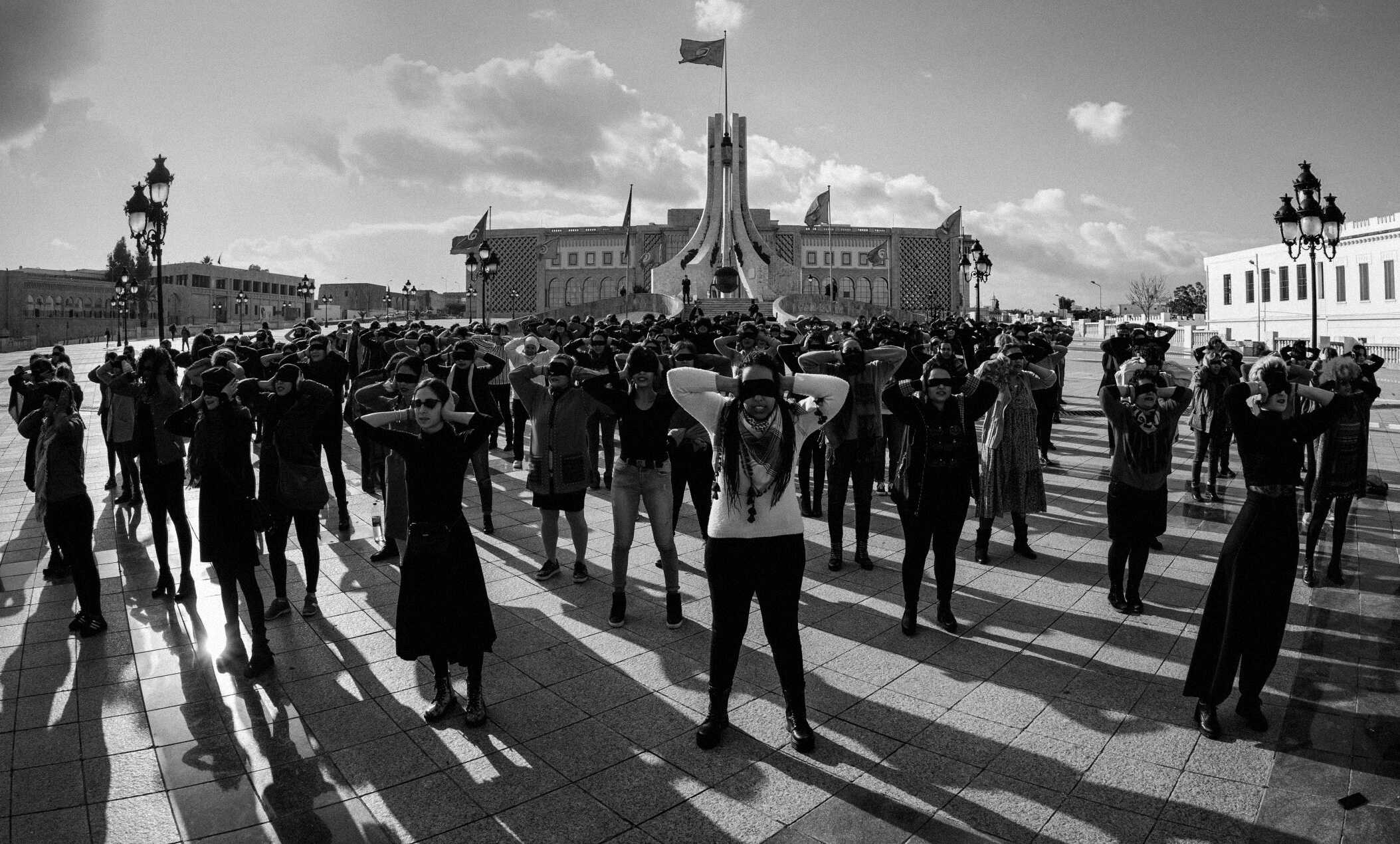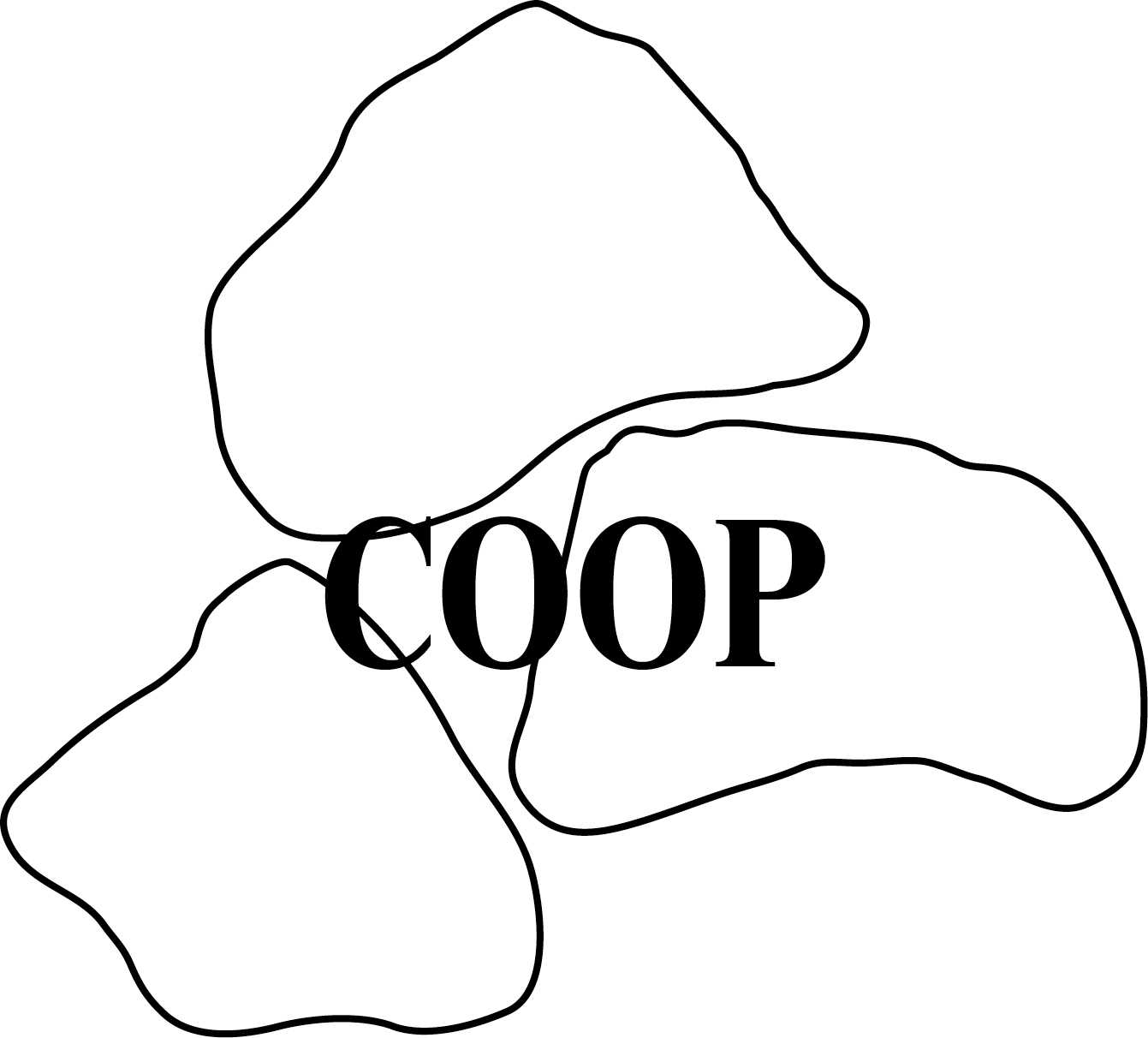2023-2024 COOP study group ~ Choreopoethics: undisciplined corporeal publishing and choreographic planning
Tutor team:
Guests:
Partner Institution:
Student participants:
Annette RodriguezFiorillo, Antonia Rebekka Truninger, Astrée Duval, Clara von Schantz, Claudia Medeiros, Dalia Maini, Gamze Öztürk, Gloria Sogl, Jafar The Superstar, Julia von Schantz, Lena Pfäffli, Liam Warren, Louis Schou-Hansen, Noam Youngrak Son, Öykü Özgencil, Rex Collins, Zoé Couppe
Student led reflection:
Program:
Introduction to the program:
In the “time of monsters,” as Gramsci wrote, “when the old world is dying, and the new world struggles to be born,” radical imagination would require asking what we would risk together to gain something altogether different.
Choreopoethics is a transitory compound word Archive formulated to create a field of inquiry that brings together multiple reflections around the body as an archive, embodied knowledge and movement practices at the forefront of protest, and choreographic planning as an active tool of disobedience.
Choreopoethics bear common roots with Choreopoems, a term coined by African-American writer Ntozake Shange in 1975. A choreopoem is a form of dramatic expression that combines poetry, dance, music, and song, through which this COOP questions the written texts as the central modality of poetic expression.
Upon examining the words that make up this tentative compound word, we can discern the grounding concepts of this COOP and invoke a spectrum of undisciplined corporeal practices.
Choreo–
As André Lepecki writes in his essay “Choreopolice and Choreopolitics: or, the task of the dancer,” particularly inspiring for the premises of the conceptual framing of this COOP: “Choreographic planning is crucial because … the political is not a given to the subject, it is not even a given of the human species. Rather, it is a social and personal force and a promise that must be built with others, must be set into relation, and must be dared, collectively, into existence. Once in existence, it has to be learned, sustained, and experimented with. Again and again … It follows that if the political is not a given, if it needs to be (re)discovered and (re)produced, then the political is always a kind of experimentation. It comes into the world through the experience of experimenting. This is why the political needs a kind of pre-established plan, or a program — which Deleuze and Guattari define as “the motor of experimentation”. Thus planning, programming, and experimentation (always corporeal, always social, as Deleuze and Guattari insist) become synonyms of choreography, which can now be defined as the necessary minimal condition of sociality so that (1) the political may appear in the world; (2) the political may move across agents, short-circuiting policed systems of obedience and command; and (3) the political may surface, persist, and be performed thanks to (choreographic) planning.
Lepecki’s essay leads with a quote from Hannah Arendt stating in 1950 that “[…] we have arrived in a situation where we do not know — at least not yet — how to move politically.” What is at stake for her is nothing less than that most extreme danger: if we do not learn how to move politically, “the risk is that the political vanishes completely from the world.” The COOP will thus investigate the idea of moving politically and the condition of the not yet or of the otherwise.
–Poethics
Denise Ferreira da Silva's essay titled “Toward a Black Feminist Poethics. The Quest(ion) of Blackness Toward the End of the World” introduces the concept of “poethics" as a means to challenge the limitations of traditional Western European philosophy and theory. She proposes a fractal or four-dimensional way of thinking that better captures the complexity of our world, in contrast to the linear and rational one-dimensional thinking that characterizes traditional Western philosophy. Ferreira da Silva rejects the reductionist nature of linear conceptions of history and memory, emphasizing that they are active elements that shape our past, present, and future. She highlights that slavery and colonialism, which are often viewed as remnants of our past, are still actively performed in and through our present, grounded in a past that is foundational to our consciousness.
The COOP will refer to Ferreira da Silva’s use of the concept of “poethics” in non-self-identical terms as it dialogues with Archive’s concepts of corporeal publishing, choreographic planning, and experimentation.
The COOP is an opportunity to explore publishing beyond the limitations of printed matter and to collectively develop a broad idea of publishing. It offers a space to practice forms of collective movement, choreographic publishing, and disobedient practices that are rooted in anti-colonial thinking and transnational feminisms. Drawing from various theoretical references, primarily Black feminist theory, Performance Studies, Gender and Post-/Decolonial Studies, the approach prioritizes intersectionality and transnationality while maintaining a detailed politics of location from theory to practice. Additionally, Choreopoethics highlights that knowledge production is always in a state of becoming and participatory, and it is a horizontal practice that seeks never to work alone.



